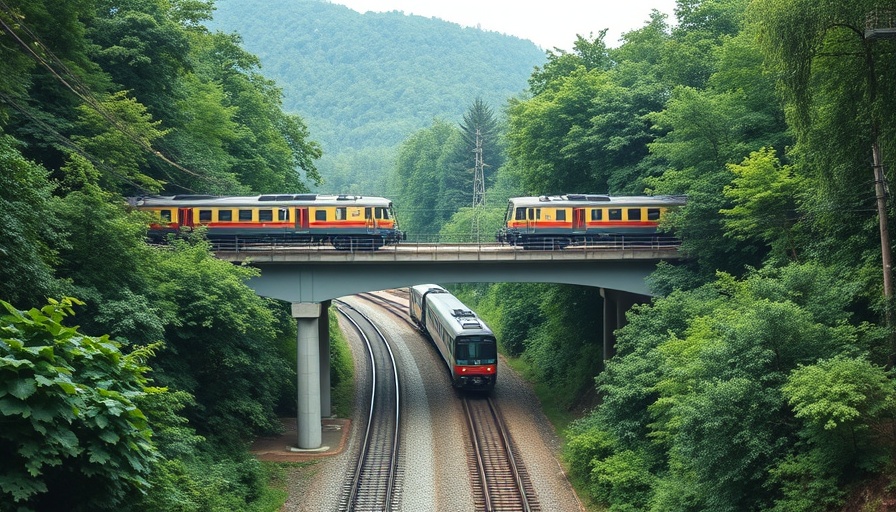
A $4.9 Billion Setback for Clean Energy
In a surprising turn of events, the Federal government has withdrawn its substantial $4.9 billion loan commitment intended for the Grain Belt Express, a major power line project designed to deliver clean energy from the wind-rich plains of the Midwest to the energy-hungry East Coast. This decision raises serious concerns about the future of large-scale renewable energy initiatives in the U.S., as funding withdrawals like this send shockwaves through project financing and stakeholder confidence.
The Implications for Renewable Energy Investments
The Grain Belt Express was expected to be a beacon of hope, not just for clean energy advocates, but also for commercial construction companies eager to participate in the burgeoning market for renewable infrastructure. With the funding now off the table, firms must reassess their project portfolios and strategies, particularly in light of increasing pressures for sustainable development.
Cost Management Challenges Ahead
For clients of commercial construction companies, the implications of this funding withdrawal extend into cost management realms. As major projects face setbacks, contractors could see shifts in demand that ultimately affect project timelines and budgets. Companies need to be agile and innovative in recalibrating cost projections and finding new opportunities amidst a turbulent landscape.
Changing Landscape for Sustainable Construction Projects
The Grain Belt Express's failure to secure funds reflects a broader trend: a retreat from large-scale clean energy projects. Investors may become wary, leading to a potential slowdown in other renewable projects. The commercial construction sector must now explore alternatives to offset any declines in funding, potentially focusing on smaller, community-driven sustainable initiatives.
Future Predictions: Navigating Uncertainty
Experts within the industry are grappling with questions about the future of clean energy projects in the U.S. Will we continue to see funding for innovative initiatives? Or will this represent a shift towards traditional energy sources? The industry is at a crossroads, and stakeholders must stay informed and adaptable.
Decisions Companies Must Make Now
The immediate decisions facing employees, stakeholders, and managers in commercial construction revolve around innovation and technology. Companies should prioritize diversifying their project types, exploring investments in smart buildings and energy-efficient technologies that remain attractive amidst changing financing climates.
 Add Row
Add Row  Add
Add 




Write A Comment